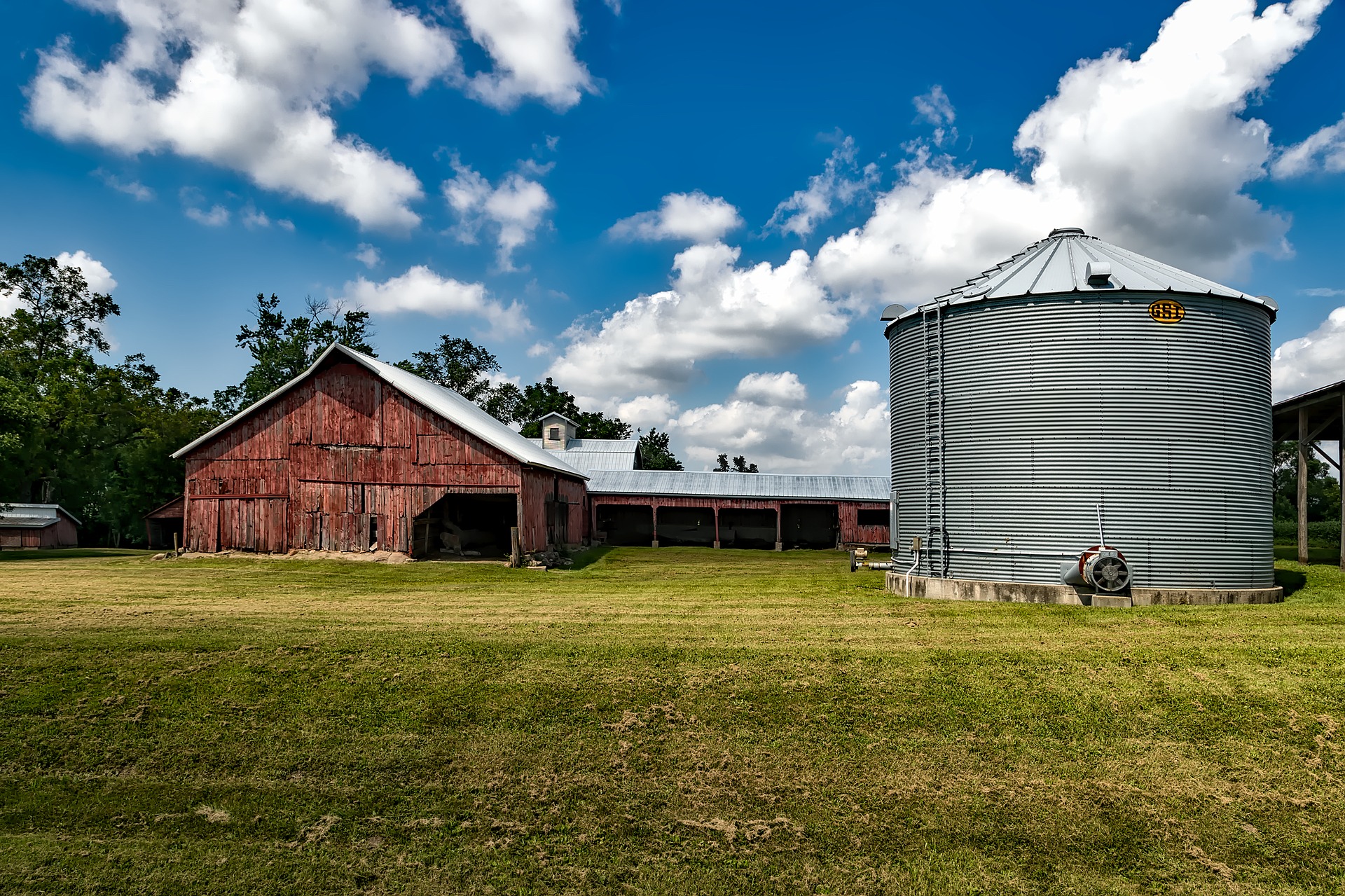By Lisa Everhart Myers
Demeter Farm
Silo is a trigger word for me.
What in the whole round world is this crazy woman talking about this month, you ask?
When I was 15, I met a boy named Will. He was cute. We talked on the phone for a couple of weeks. He asked me to a dance at his high school. This is problematic when you live amongst the cornfields and your new beau lives in town. He told me not to worry because his dad would come out to our farm and pick me up. My parents gave this plan their seal of approval and two weeks later, Will’s dad pulled up in our driveway and I slid in next to Will in the back seat of his LTD. As we backed out of our driveway, Will pointed to the two huge grain bins in our driveway.
“What are those silos for?” he asked.
The idea that a guy who lived in Shelby County, Indiana, would not know the difference between a grain bin and silo was life-altering for me. I looked at him as if he had suddenly sprouted horns. He was shocked that I was so peeved. I explained that silos are very tall and slender, usually blue, and hold silage. Grain bins are shorter than silos and silver and hold grain.
“What’s the big deal?” he queried. “Sounds like the same thing to me.”
My tender heart broke. Our young love was over before it even began.
This was just one of many conversations I have had over the years with city-dwelling friends that baffled me and broke my heart. I ended a friendship once because the woman laughed hysterically as I told her about my grandfather and his extremely successful career as a farmer. She lived in a suburb of Indianapolis and her childhood home butted up against a field. Her experience with farming, I found out, was to tear down the stalks and use them as weapons against her siblings or to tear off the ears of corn, strip the kernels, and pelt each other with them. She said that when they were older, they liked to flip the farmer off and moon him as he worked. She was taken aback at my dismay, which prompted my explanation of my family’s deep farming roots and the business aspects of running a farm. She lost it when I was explaining to her the many hats my grandfather and father wore. Stockbroker, trader, mechanic, accountant, salesman are just a few of them.
“But they are just rubes,” she said. “They couldn’t have been very smart people if they were just farmers.” Then she laughed again.
I am still dismayed and perplexed as to how the city dwellers of Indiana (and other states, I am sure; I highly doubt that this is a localized occurrence) can be so ignorant of farming. I certainly don’t expect someone who has never grown up on a farm to tell me which hog is a Duroc and which is a Hampshire or to know how to operate a corn planter, but it boggles my mind that they cannot tell me what is growing in the field that sits behind their house. Most everyone knows what a corn plant looks like, but when I met my city dweller, Julie, she didn’t know that a soybean plant was not wheat. She still calls straw “hay” despite my constant teachings on the difference and my ire at her refusal to adjust her vocabulary. This really sticks in my craw; almost to the extent that silo/grain bin does, especially since we are now living on our own small farm. “Know your terminology,” I tell her over and over. She just doesn’t see the need.
I have been thinking about these stories quite a bit lately, mainly because I recently saw the word silo used in a very non-traditional manner on a Facebook post that was part of a thread discussing the Farm Bill. Farming is changing. We have more city dwellers moving out here, much like I just did. I have a very different viewpoint on things since I lived the first 35 years of my life in the country or on the farm. So is the difference between a silo and a grain bin or hay and straw that important? Does it really matter if you know that those are soybeans growing in the field behind your house? I would argue “yes.”
This new breed of farmers is doing great things. They are shaking things up in communities that have become stagnant. I challenge them to educate themselves on the existing family farms that are their neighbors. Learn the language. Take that knowledge and the new knowledge you have gained back to the city and educate them there, too. My generation did a terrible job of this and the result is a chasm between us and our city brethren. If someone who grew up five minutes from a farm like my old flame or my current flame cannot tell what is growing in the field next to their house or what the structure on the farm next to them is used for or even find the gumption to care, what do you think the urbanites in New York City or Chicago know? What do you think your metropolitan Congressional reps know? These are the folks who are making decisions about our lives as they debate the Farm Bill. I think about my former friend laughing as she called my family “rubes.” Do our representatives feel the same way?
Educate your friends, folks. It matters.
This blog is part of a series hosted by Indiana Farmers Union. We post blogs, written by Hoosier farmers at all stages—from just beginning to long-established. If you’re an Indiana Farmers Union member and are interested in writing for us, please contact Sherri Dugger at sdugger@nfudc.org.


